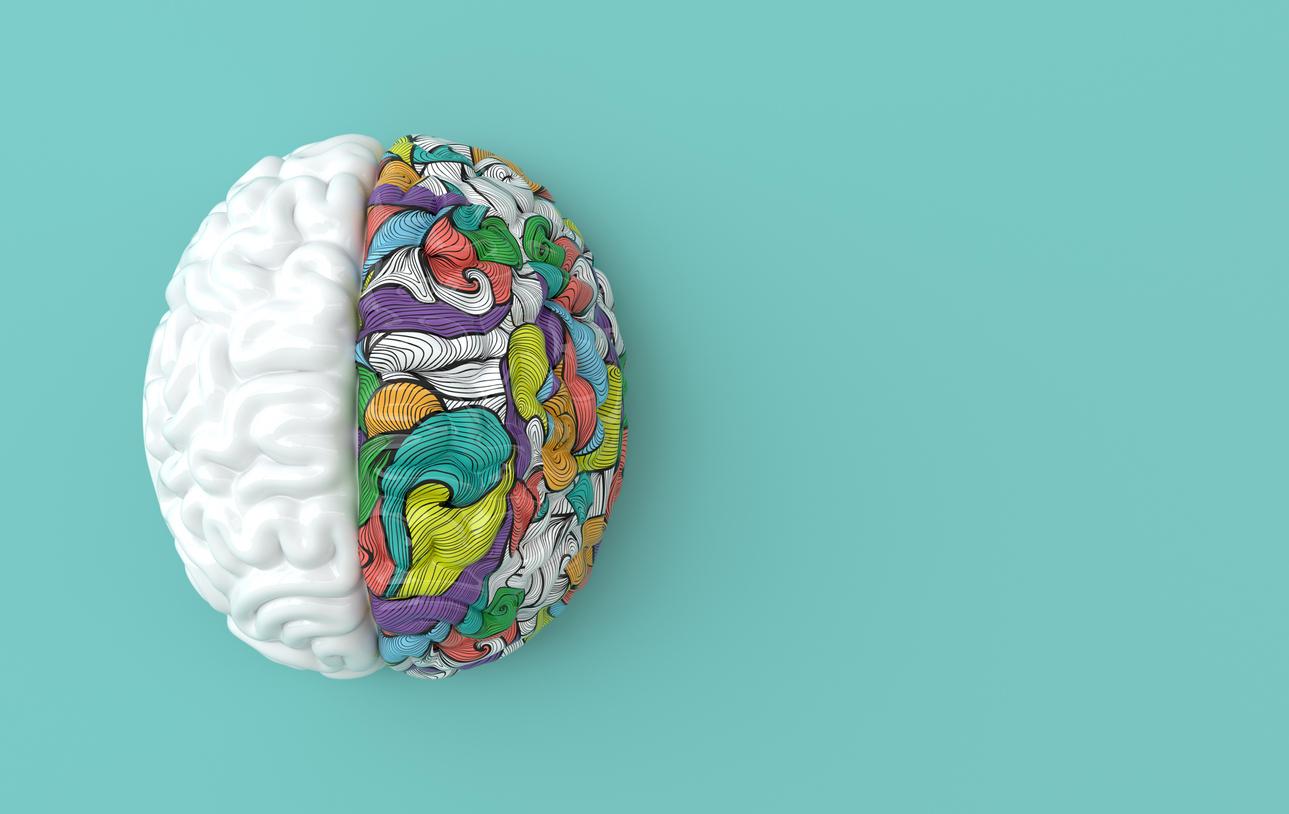It is often said that making a mistake is always instructive and is a way to learn about yourself and bounce back. But is this true? According to a recent study, failure can generate anxiety in some people.

- “Whether we realize it or not, we always have expectations,” according to the researchers.
- “Each time our expectations have been proven wrong, they become a learning signal that we use to form better expectations in the future.”
We are not perfect. Thus, it is common to make mistakes during our life. We often hear that the most important thing is to take the time to analyze your failures and learn from them to avoid repeating them in the future. Learning from mistakes could also make us grow, evolve in our work and have healthier relationships. But according to researchers at the University of Miami (USA), it can also have a negative influence on our way of apprehending the future and cause anxiety attacks.
How can predictions and expectations impact mood?
To reach this conclusion, they carried out a study published in the journal Science Advances. As part of the work, scientists examined how predictions and expectations can affect people’s moods and outlook. To do this, they recruited 625 students to focus on their expectations and predictions for their exam scores, which is what matters most to young adults going to college. The team asked participants to share their grades for four exams taken during the semester. After each part, the students sent to the authors the grade they expected to obtain on this exam.
More pessimistic students were “more imprecise in their overall predictions”
According to the results, most of the students exhibited an “optimistic learning bias.” Clearly, they learn more when they do better than expected than when they do worse. However, another group of students was more consistently pessimistic over the course of the semester.
“When the most optimistic students performed less than they had expected, they modified their expectations appropriately, but did not learn from this failure, as a result of these disappointments, for the next exam. In contrast, the most pessimistic students tended to predict that they would get a lower mark on the next exam, even if their last mark was slightly higher than they had expected.This led them to be more inaccurate in their global forecasts”, explained Aaron S. Heller, author of the study, in a statement.
Anxiety: negativity could be at the root of anxiety
According to the researchers, participants with high negative emotions and a personality trait linked to the development of anxiety disorders displayed overall pessimism and learning differences that predicted future anxiety symptoms. “Helping people have more accurate expectations is an important treatment option for things like anxiety and depression,” concluded Aaron S. Heller.


















